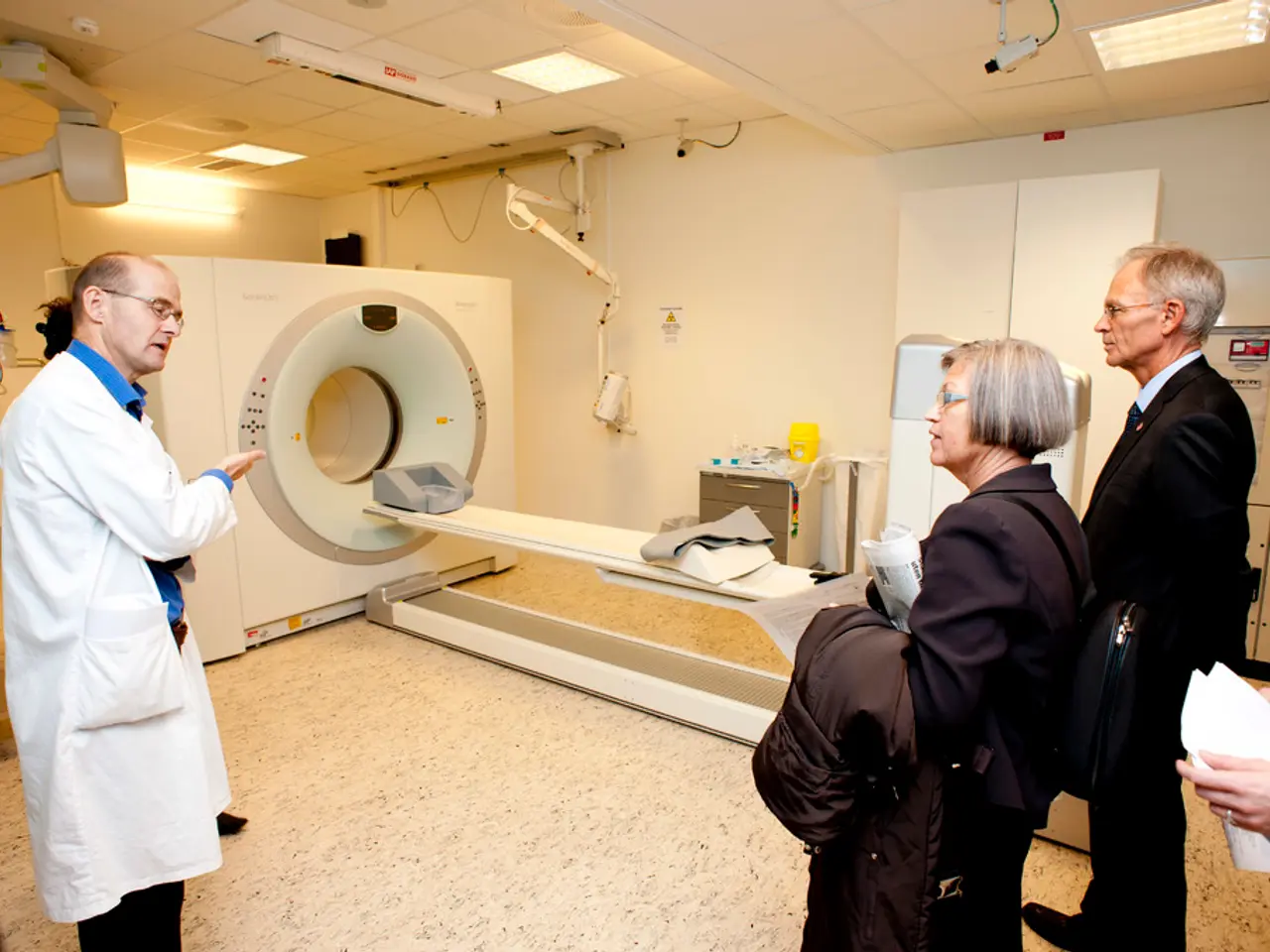Unwanted sexual encounters in health clinics - Find the assistance you need here
In Germany, the Mainz Women's Emergency Hotline encourages victims of sexual harassment during doctor's visits to speak out about their experiences. Many victims, however, are uncertain after such incidents, questioning their own perception and the necessity of any inappropriate actions during the examination.
The majority of incidents involve women, but men and non-binary people also experience unpleasant situations. Publicizing experiences could help prevent further incidents and is important for the mental well-being of victims and to encourage other victims to confide in someone.
Some women report being asked to undress completely without reason, having their picture taken, or being asked for their phone number. Touching in places irrelevant to the health issue is also reported. Inappropriate remarks, such as comments about a patient's breast size, are among the incidents reported. The victims went to the doctor for help, but the help is then abused in these incidents.
The situation is changing, with doctors no longer being considered untouchable "gods in white" as they were in the past. Dr. Christel Werner runs a contact point for patients who have experienced sexual harassment during doctor's visits in Rhineland-Palatinate. The contact point receives three to four calls per month from all over Germany. The thought of making the incident public is a significant barrier for many victims.
If you, as a victim, have experienced sexual harassment by a doctor in Germany, here are some general steps you can follow to report and address the issue:
- Document the Incident: Record details such as dates, times, locations, what occurred, and any witnesses involved. Preserve any evidence like messages or recordings if possible.
- Seek Support: Contact local women’s support organizations, counseling services, or legal aid groups that specialize in sexual harassment or abuse cases for guidance and emotional support.
- Report to the Medical Institution: File a formal complaint with the hospital or clinic administration where the doctor works. Most medical facilities have procedures for handling complaints against staff members.
- Notify Medical Regulatory Bodies: Inform the relevant medical authority in Germany, such as the regional medical association (Ärztekammer), which oversees professional conduct and has the authority to investigate and sanction doctors for misconduct.
- File a Police Report: Sexual harassment can be a criminal offense. Women can report the incident to the police to initiate a criminal investigation if the behavior involved criminal acts.
- Consider Legal Action: Consult with a lawyer to explore civil or criminal legal claims, including compensation or restraining orders.
- Use Confidential Hotlines and Counseling: Germany has specialized helplines and counseling services for victims of sexual violence offering confidential advice and assistance.
While specific procedural details are not covered explicitly in the search results, these steps align with standard practices in Germany’s legal and medical systems for addressing sexual harassment. Women are encouraged to act quickly and seek support from trusted organizations or legal professionals to navigate this process.
The search results emphasize the importance of recognizing sexual violence and harassment as serious issues, noting in general the challenges victims face in reporting and conceptual erasure of women’s experiences. A notable precedent in German courts distinguishes forms of sexual violence, which may influence legal outcomes. If assistance is needed, organizations like Helping Survivors provide connections to legal help and counseling, though this example refers to a broader context rather than Germany specifically.
- In situations involving sexual harassment, it's crucial for individuals to acknowledge that they are not alone and seek help from health-and-wellness resources, such as counseling services, women's support organizations, and legal aid groups that specialize in sexual harassment or abuse cases.
- The science of mental health highlights the detrimental effects of suffering in silence and encourages victims to acknowledge and address their experiences, understanding that doing so can contribute positively to their overall well-being.
- While intensive research is needed to fill knowledge gaps about the experiences of sexual harassment in health-and-wellness settings, it's clear that speaking out about such incidents is essential for raising awareness, promoting prevention, and upholding the principles of sexual-health and women's-health for everyone.




